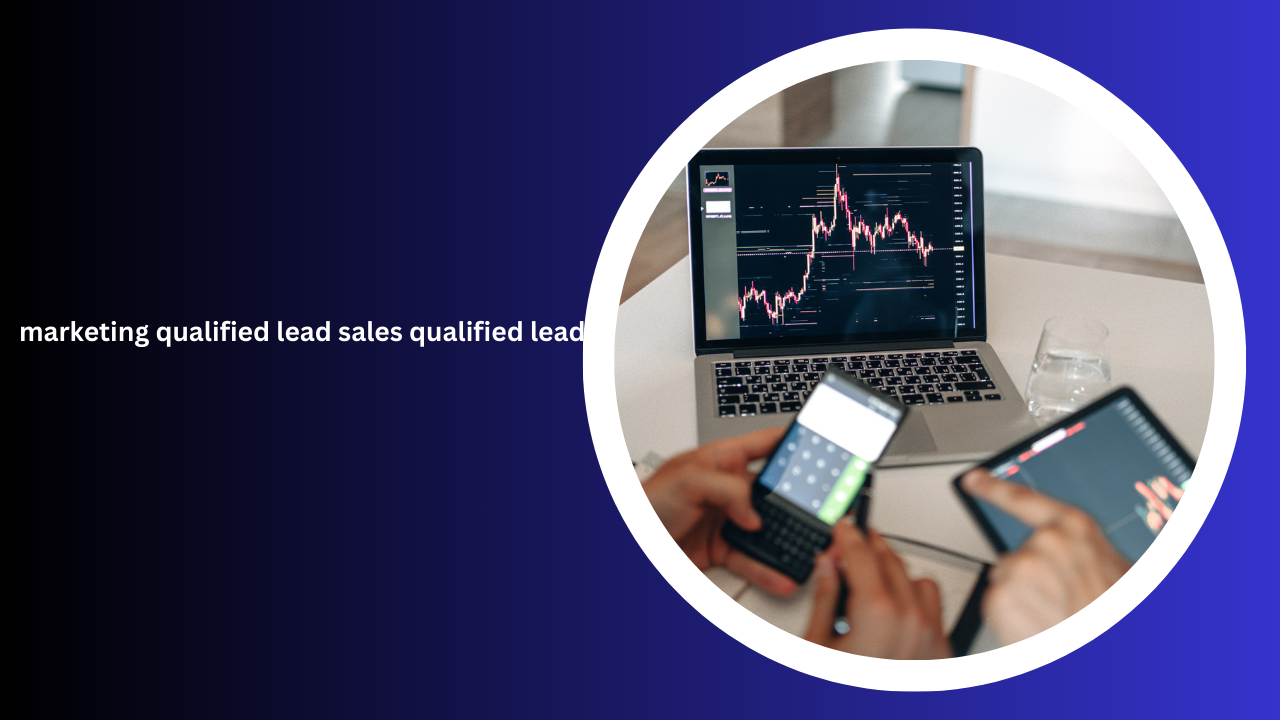What is a Marketing Qualified Lead (MQL)?
First, let's talk about Marketing Qualified Leads. An MQL is someone who has shown interest in your company. They have done this through marketing efforts. For example, they might have visited your website. Maybe they downloaded a helpful guide or signed up for your newsletter. These actions show they are interested in what you offer. However, an MQL is not ready to buy yet. They are still in the early stages of learning. The marketing team keeps working with MQLs. They provide more information and build a relationship.
What is a Sales Qualified Lead (SQL)?
Next, we have Sales Qualified Leads. An SQL is a lead that is ready for the sales team. They have moved beyond just showing interest. They have shown a strong interest in buying your product or service. The marketing team has nurtured them. The sales team has also looked at their information. They have decided that this lead is a good fit for your company. An SQL might have asked for a product demo. Or, they might have inquired about pricing. These actions show they are thinking seriously about buying. The sales team will now try to turn this SQL into a customer.
The Journey From MQL to SQL
The journey from an MQL to an SQL is a process. It's like a path that a potential customer follows. It starts when someone first learns about your company. Maybe they see an ad or find your website through a search. At this stage, they might become an MQL by showing some interest. Then, the marketing team will provide them with more information. This could be through emails, blog posts, or social media. As the lead interacts more and shows deeper interest, they move closer to becoming an SQL.
For example, imagine someone downloads an e-book about solving a problem your product addresses. They become an MQL because they showed interest in a relevant topic. Then, they might attend a webinar your switzerland whatsapp lead company hosts. This shows even more interest. After that, they might fill out a form to request a free trial of your product. At this point, their actions show they are seriously considering buying. The marketing team might then pass this lead to the sales team as an SQL.
Why are MQLs and SQLs Important?
Understanding MQLs and SQLs is very important for several reasons. First, it helps marketing and sales teams work together better. When both teams agree on what makes a lead "qualified" at each stage, there is less confusion. Marketing knows what kind of leads they need to nurture for sales. Sales knows which leads are worth their time and effort. This alignment can lead to more efficient and effective sales processes.
Furthermore, knowing the difference helps in measuring the success of marketing and sales efforts. The marketing team can track how many MQLs they are generating. This helps them see if their campaigns are working. The sales team can track how many SQLs they are converting into customers. This shows how effective their sales strategies are. By looking at the entire funnel, from MQL to SQL to customer, companies can identify areas for improvement.

Key Differences Between MQLs and SQLs
Even though both MQLs and SQLs are potential customers, there are key differences. MQLs are in the early stage of the buying process. They are mainly gathering information and learning about their options. Their interest is often based on general topics related to your industry or the problems your product solves. On the other hand, SQLs are much further along in the buying process. They have a specific need and are actively looking for a solution. They are evaluating whether your product or service is the right fit for them.
Another difference is the level of engagement. MQLs typically engage with marketing content. This could include blog posts, social media updates, and downloadable resources. SQLs, however, engage more directly with the company. They might request a demo, ask for a quote, or have a conversation with a sales representative. The intent behind their actions is also different. MQLs are exploring and learning, while SQLs are evaluating and deciding whether to make a purchase.
How to Define Your MQLs and SQLs
Defining what constitutes an MQL and an SQL is crucial for any business. This definition should be based on your specific business goals and target audience. The marketing and sales teams should work together to create these definitions.
To define an MQL, think about the behaviors that show a potential customer is interested in learning more. This could include:
Visiting key pages on your website (like product or pricing pages).
Downloading valuable content (like e-books or whitepapers).
Subscribing to your blog or newsletter.
Engaging with your social media posts.
Filling out contact forms for general inquiries.
To define an SQL, think about the actions that indicate a strong buying intent. This might include:
Requesting a product demo or a free trial.
Asking for a price quote or a proposal.
Expressing a specific need that your product can solve.
Having a conversation with a sales representative.
Showing interest in the terms of a purchase.
It is important to have clear criteria for both MQLs and SQLs. This ensures that leads are passed to the sales team at the right time. Passing leads too early can waste the sales team's time on people who are not ready to buy. Passing leads too late can result in missed opportunities.